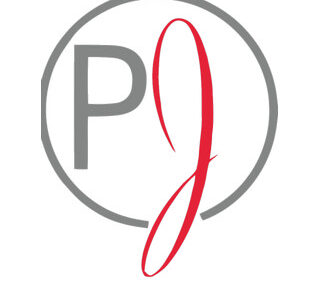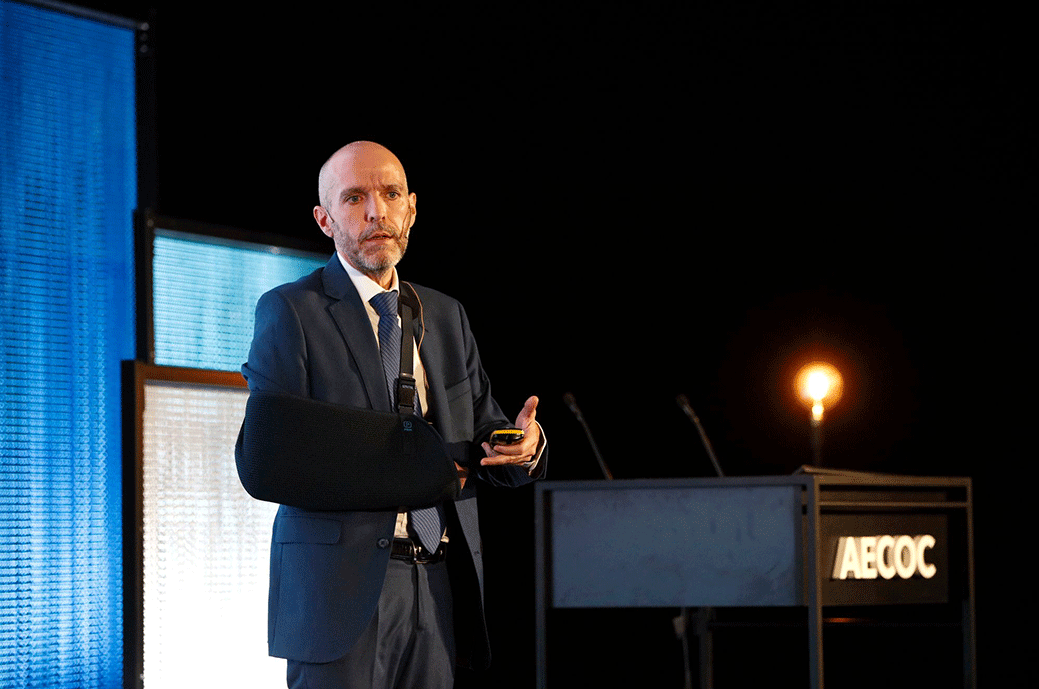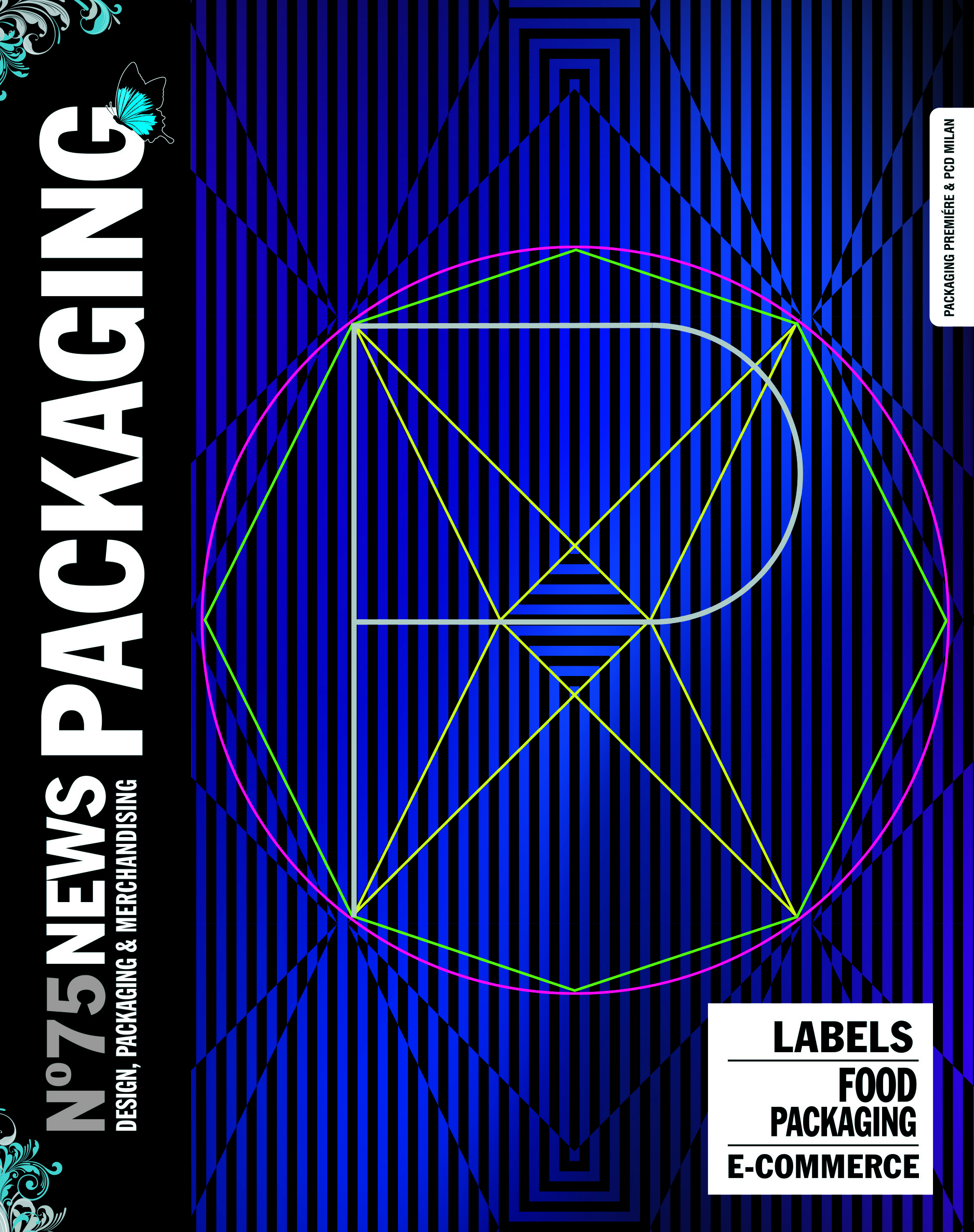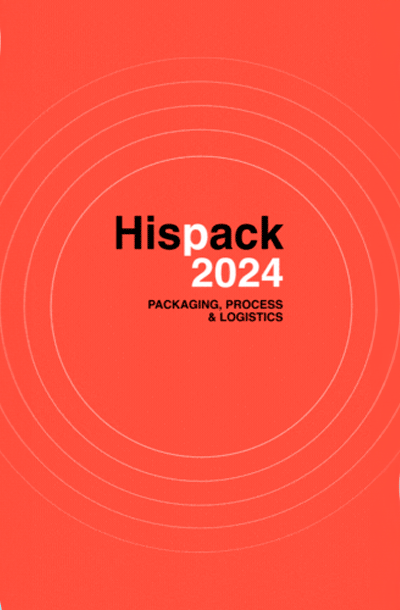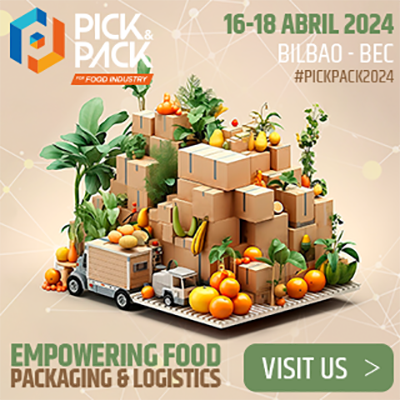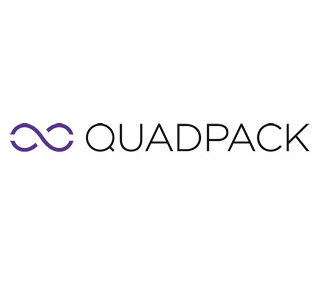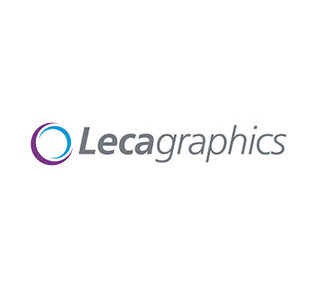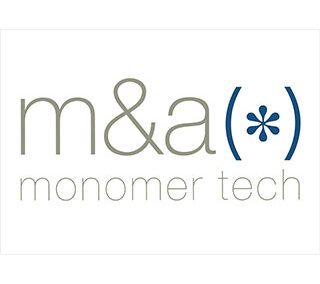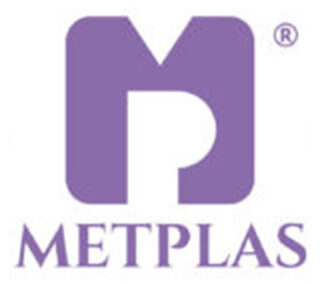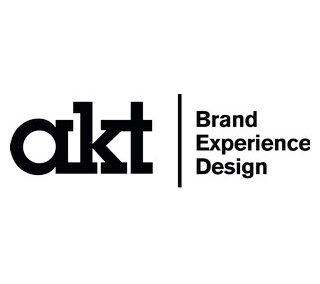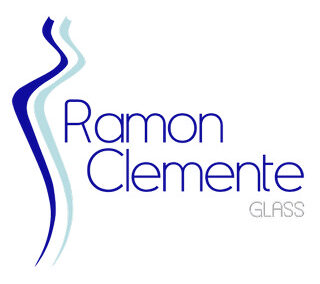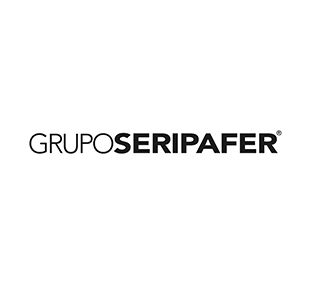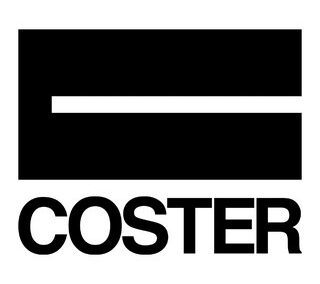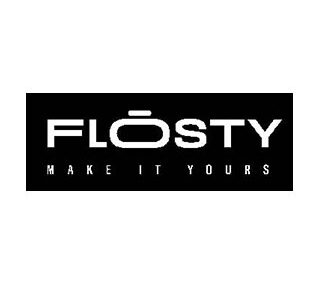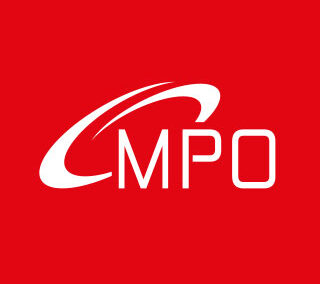Photo: Jesús María González, director of logistics for Pepsico in Spain. El 12th AECOC Supply Chain Congress, held at La Nave in Madrid, brought together the general directors of the logistics operators leaders to analyze the current situation of the sector, marked by tensions in the supply chain and the geopolitical and economic framework.
The CEO of Kuehne-Nagel, Michael Ambielle, described the current moment in logistics as an “adjustment phase”: “after the pandemic we experienced a great recovery in consumption which, on the other hand, put a very significant strain on logistics processes; everything that has happened in the last year has readjusted this recovery that we were experiencing and has placed us in a valley moment”.
Conicited in the analysis the director of DB Schenker Iberia, Juan Carlos Moro, who highlighted the changes experienced by the sector in the last three years: “with the pandemic we have learned to react with agility and be more flexible to constantly seek solutions, and this will continue to be a characteristic of the sector”. Moro also valued the current moment as "complex" and ventured that "it will continue to be so in the coming years.
Along the same lines, the CEO of DHL Supply Chain Spain, Robert Pascual, considered that "the geopolitical situation and the macroeconomic data do not invite optimism", and stressed the need for the sector to rely on the progress made in recent years. “There has never been as much technological focus on logistics as there is now and we have never had so many startups doing projects for the sector; we must continue advancing in our digitization agenda and transmit our needs to implement technological solutions”.
Approximation of supply chains
In his analysis of the situation in the sector, Moro also referred to the process of approximation of production centers that has been taking place since the start of the pandemic. “The health crisis has exposed the fragility of the hyperglobalization model, and that opens up opportunities for North Africa, Turkey and southern Europe as new production centers; companies are bringing their logistics processes, which were previously concentrated in Asia, to minimize the risk in the supply”.
The CEO of DB Schenker Iberia pointed out that this approach also has to do with responding to new consumer demands. "Our buyers want product shipments within 24 hours and companies are increasingly committed to having warehouses close to their customers, because that is what allows them to compete with the large marketplaces."
sustainable logistics
The 12th AECOC Supply Chain Congress also had the participation of the logistics director of Lidl, David Drone, which highlighted the company's projects to move towards a sustainable logistics model. Currently, the chain generates 0,13% of the photovoltaic energy produced in Spain, which means that all the energy consumed in its stores is from renewable sources. In addition, in recent years Lidl has reduced the carbon footprint derived from its logistics processes by 46% thanks to the renovation of its warehouses, collaboration projects with its suppliers and the investment made in gas trucks.
Finally, the logistics director of Pepsico in Spain, Jesus Maria Gonzalez valued the results achieved with the Pepsico Positive sustainability project, which focuses on improving processes in agriculture, the value chain -with the aim of reaching net zero emissions by 2040- and brands, which is proposed improve the nutritional values of Pepsico brands.
Regarding the logistics chain, Pepsico expects to reduce emissions by 40% through the installation of photovoltaic panels. It has also changed its transport strategy with maximized loads, a greater presence of rail or maritime transport or investment in gas trucks and electric vehicles, with which they have reduced their logistics emissions by 8%.
